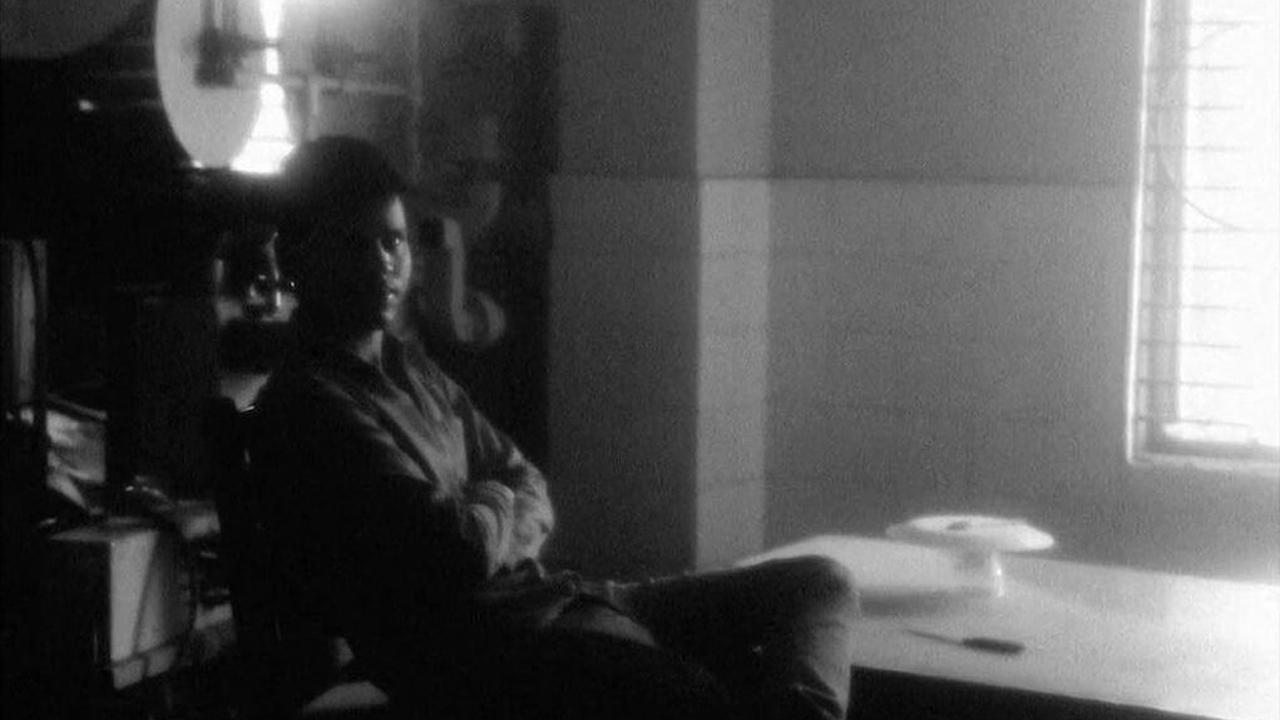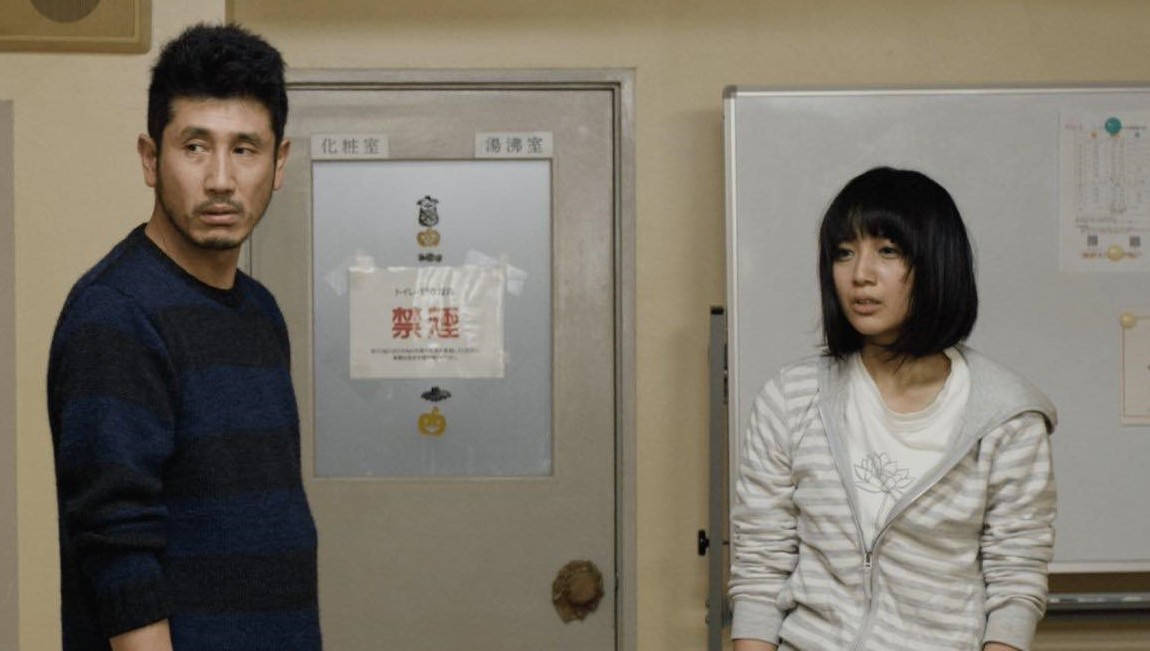Japanese masters Yasujiro Ozu and Mikio Naruse (among others) tapped into a cathartic cinema that favors real-time pacing and treats sequences of a tree quivering in the wind, or an extra moment spent in an empty room after the characters have vacated the set, as expressions of a specific location, and of the inescapable passage of time. Now, their time too has passed, and those looking for an heir to Japan’s classical cinema need look no further than Hirokazu Kore-eda. While much of the nation’s elite filmmakers have chosen to follow in the footsteps of the equally venerable Akira Kurosawa (think Takeshi Kitano and Yoji Yamada, both genre purveyors who’ve worked within samurai lore), few save Kore-eda look to fill the shoes of perhaps the most disciplined of all filmmakers, Ozu. This allegiance has been clear ever since Kore-eda’s first dramatic film, 1995’s Maborosi, but the comparison becomes even more apt and unavoidable with his latest work, Still Walking.
Set in a rural area of Japan, where a city-dwelling son visits his aging parents after years of infrequent contact, the premise of Still Walking is essentially the inverse of Ozu’s Tokyo Story, in which the parents come to visit their adult children in the titular city. From that central idea, both films take divergent paths narratively, but both are equally concerned with a very Japanese conflict, which takes place between different generations of people. It’s a theme recognizable and even relatable in just about any culture, but to the Japanese it’s become increasingly relevant, going back to Ozu’s heyday and before, as the populace constantly struggles to maintain some level of balance between their fiercely competitive technological advancements and their valuing of time-honored, some might say out-dated customs and beliefs. In the case of Still Walking, the conflict is less about modern society’s technology and more about the elder generation’s conservative opinions on marriage, etiquette, and status.
All three come into play in Still Walking, as Ryota (Hiroshi Abe) brings his new wife and her son from a previous marriage to stay the night at his parents’ home. There’s trepidation on both sides: Ryota’s father holds a petty grudge against his son for not following in the family tradition and becoming a doctor; Ryota acknowledges the icy nature of his father and avoids conversation; and Ryota’s mother, played with a complex mixture of old lady sweetness and sour bigotry by Kirin Kiki (who was nominated for a Japanese Academy Award for the performance) welcomes her son, but disapproves of his new wife (she alarmingly refers to her as “used goods”). It’s most likely because Kore-eda based this familial gathering story on experiences from his own life, and on the difficult relationship between him and his parents that Still Walking feels so authentic and recognizable. It’s a sentimental film, and its pacing is less Ozu, more accessible and light-hearted, but the themes of that master’s work are ever-present throughout, and visual cues (two shots of a train chugging by in the distance) further confirm the influence. More than anything though, this is a Kore-eda film, and as is the case in much of his work, there’s a warmth and a delicacy here that is entirely unique to this director.







